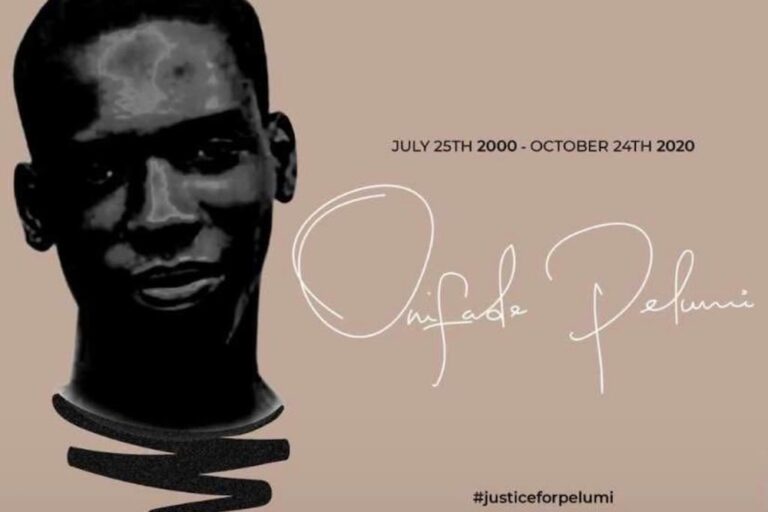(MRA/IFEX) – On 23 October 2005, Nigeria’s broadcasting regulatory agency, the National Broadcasting Commission (NBC), shut down the country’s leading privately-owned radio and television group over alleged unprofessional coverage of an airliner crash in which 117 passengers and crew members died. In a statement announcing the shutting down of Daar Communications Limited, owners of Africa […]
(MRA/IFEX) – On 23 October 2005, Nigeria’s broadcasting regulatory agency, the National Broadcasting Commission (NBC), shut down the country’s leading privately-owned radio and television group over alleged unprofessional coverage of an airliner crash in which 117 passengers and crew members died.
In a statement announcing the shutting down of Daar Communications Limited, owners of Africa Independent Television (AIT) and RayPower FM Stations, the NBC said some stations displayed “gross unprofessional conduct in their coverage,” particularly “indecency and horror from close-up shots of decapitated body parts.” It said pleas by top public officials and well-meaning Nigerians, as well as intercession by the Commission, to “handle the sad development with restraint” were ignored.
The NBC stated that the most offensive aspects of the coverage were the “announcement, on location, that there could be no survivors when the competent authorities had not fully assessed the situation” and the “announcement that there were no survivors when the families of the victims had not been informed, an international practice that is observed in all crisis situations.”
The Commission therefore ordered a temporary shut down of the operations of AIT National and International stations and RayPower FM radio stations “pending further professional assessment of the status of their licences.”
But Gbenga Mike Aruleba, the deputy general manager (news) of Daar Communications, alleged that the stations were being punished for challenging the official line put out by the state-owned Nigerian Television Authority (NTA) and because it criticised aviation authorities for negligence in failing to properly monitor the aircraft before it crashed.
He said the station broadcast the images from the crash site in the context of misleading information put out by the NTA that there were survivors and that its reporters had spoken to them, when that station had not even located the crash site. He justified AIT’s action saying it was necessary to air authentic information which showed the true crash site and the fact that there were no survivors in order not to give the victims’ families false hopes.
It is not clear what procedure the NBC followed in deciding to shut down the radio and television station. The sanctions procedure in the Commission’s guideline book, the Nigeria Broadcasting Code, requires that an erring station should first be served with a notice and given a hearing before the application of sanctions. Paragraph 10.7.1 of the Code provides that “The Commission shall serve an erring station an order to show cause why a revocation or a ‘cease and desist’ injunction should not be issued.” A public hearing should then follow the issuance of such a notice. These procedures were not followed.


